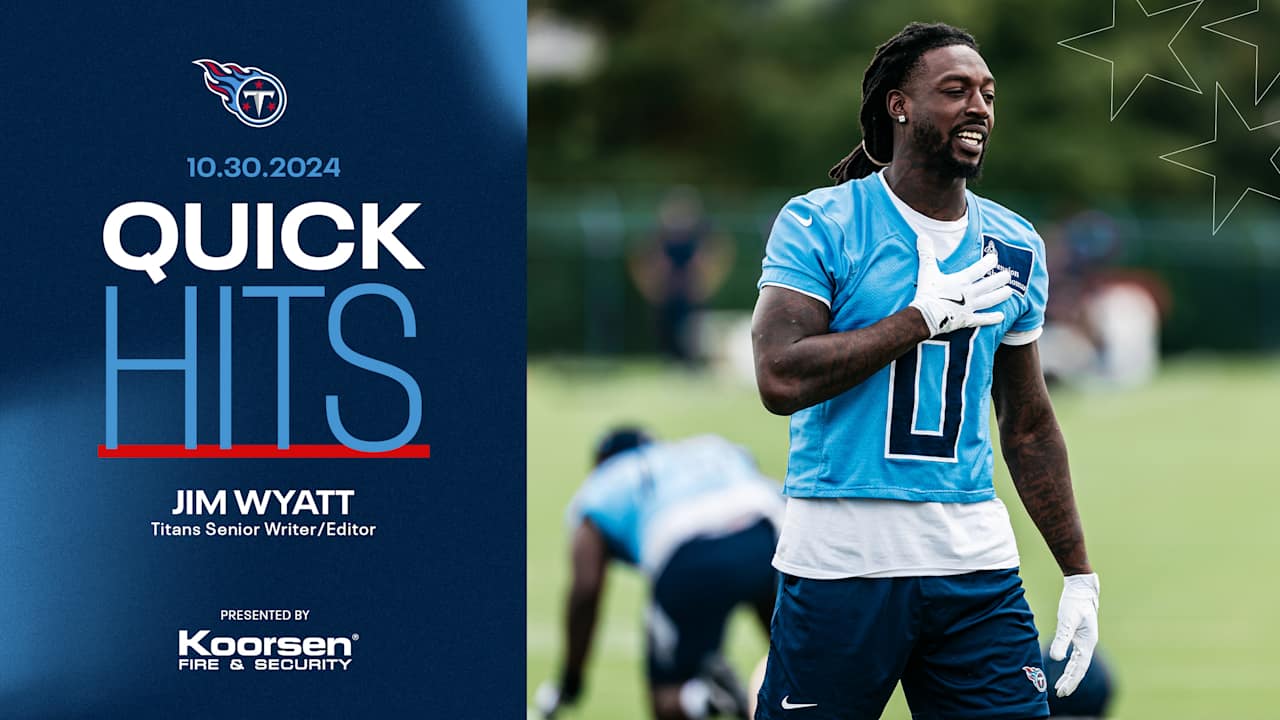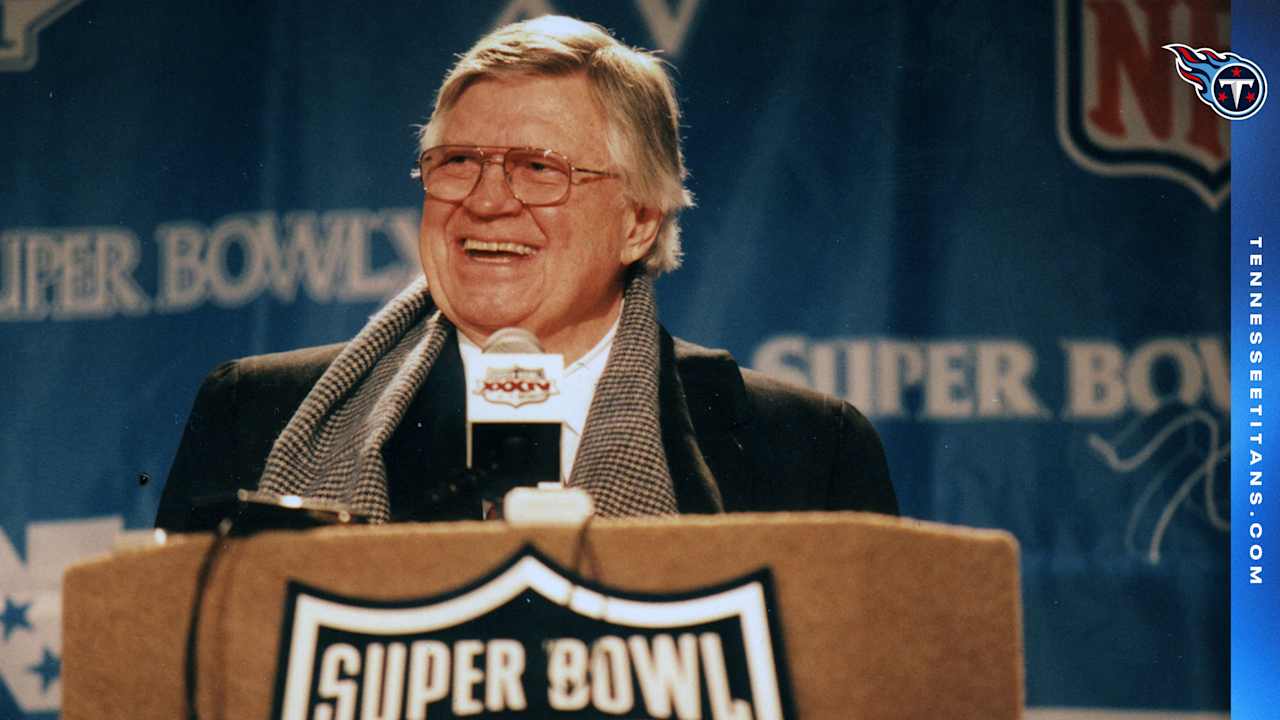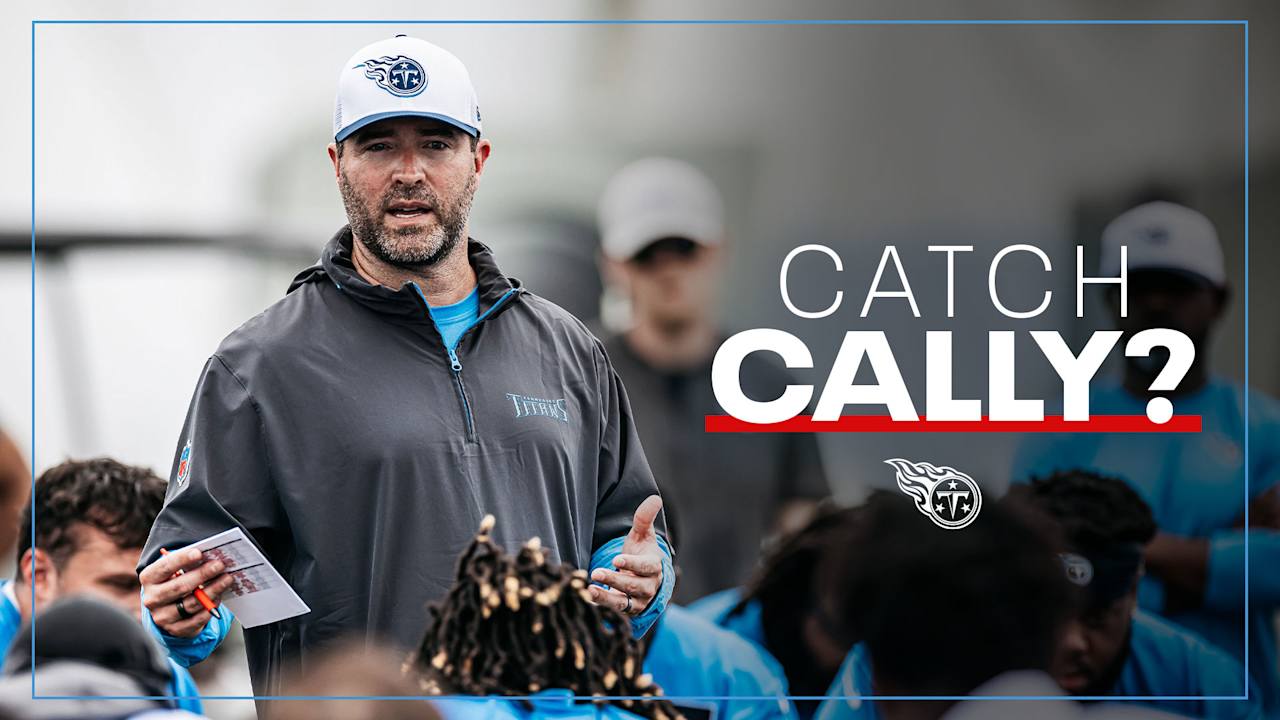Music is integral to the online gaming experience, particularly as it has become a major vehicle for virtual concerts, album launches, and much more than traditional video games. However some of the largest companies — specifically Roblox and Twitch — have yet to recognize that they must compensate the people who create the soundtracks that are central to their platforms. Failing to do so continues to leave users, who themselves often are creators, in the lurch, and has led to aggressive measures on NMPA’s behalf to ensure songwriters are paid.
The size of the gaming economy is staggering. Video games are valued at more than movies and North American sports combined. Unfortunately, songwriters have long suffered from selective licensing when it comes to new entrants to entertainment and some gaming platforms are displaying an astounding amount of arrogance when it comes to paying for what makes them so popular and profitable.
Bolstered by massive growth during the pandemic, Roblox is now valued at over $45 billion. That valuation is largely due to its lucrative business model. Roblox allows users to build their own video games and incorporate music from a library it maintains of hundreds of thousands of songs, including copyrighted commercial music represented by major and independent publishers, which Roblox has refused to license.
The company has made hundreds of millions of dollars on the backs of creators, including by requiring users to pay every time they upload music — taking advantage of largely young people’s lack of understanding about copyright — and then they take virtually no action to prevent repeat infringement or alert users to the risks they are taking. The fact that mostly children, who would have no idea whether Roblox has covered its legal bases, are the ones who are being taken advantage of is particularly egregious
When confronted with the need to license in order to protect itself and its users, Roblox thus far has been defiant. Not only have they refused to pay for the songs they know are on the platform, they are trying to hide behind a misinterpretation of the DMCA to avoid liability.
In reality, Roblox has flouted the bare minimum requirements for safe harbor protection and hidden behind standards that are simple to avoid. As Billboard recently reported, the “platform uses upload filters, although they seem easy to bypass.” Simply announcing Community Rules is not sufficient when there are hundreds of thousands of songs being utilized every day without compensating copyright holders and those loose guidelines do not amount to a legal bulwark against infringement.
The size of the infringement is enormous considering Roblox has over 40 million active daily users. In its defense, the company has claimed to have ”partnered with major labels and publishers to host successful music events, attended by millions of fans.” However this in and of itself is an admission that they have not even come close to licensing across the publishing industry for the myriad ways Roblox utilizes music for profit.
To simply say that Roblox provides exposure — instead of compensation — is not sufficient and is in fact insulting to songwriters, who unlike artists, often cannot turn that exposure into touring, endorsements and other lucrative income streams that performers may have. And while the industry would welcome partnerships with Roblox to enhance opportunities for music creators, the first step is paying them.
Roblox recently signaled that it knows it must do better. On June 22, it announced it had inked a licensing deal with BMG “covering recorded music and publishing.” While the partnership is vague, it is clear that the company knows it actually needs licenses to use, distribute and make money off of the music on its platform.
This is why NMPA, together with major and independent publishers and a prominent writer and artist, filed a complaint on June 9 seeking $200 million in damages for Roblox’s blatant copyright infringement of hundreds, if not ultimately thousands of works.
We know that Roblox is only the tip of the iceberg. This lawsuit sends a strong message to other gaming platforms that knowingly infringe on creators’ rights that they cannot continue to do so without ultimately facing the music.
Unfortunately, Roblox is not alone. “The world’s leading live streaming platform,” Twitch, has also built an empire without properly licensing music. The company, which is owned by Amazon, even hosts an entire music section featuring a virtually endless library of performances and entertainment.
To force Twitch to remedy this situation, NMPA recently has sent takedown notices for unlicensed works. The service has claimed to be disappointed that publishers “decided to send takedowns when we were willing and ready to speak to them about solutions.” In reality, Twitch has had months, if not years, to come up with solutions and they couldn’t have been surprised since the company’s licensing issues have been high profile for over a year.
Twitch’s infringement has a vast footprint due to its approximately 9.36 million active streamers. Considering its parent company, it could easily license and pay for the music found in the millions of videos its hosts. Instead, Twitch, much like Roblox, is attempting to hide behind the DMCA, depriving songwriters of income they deserve and maintaining a platform ripe with infringement and risk to its users.
As long as Twitch refuses to fully license, it leaves publishers and songwriters no choice but to request that the unauthorized music be removed. Unfortunately, Twitch appears to be content to risk losing music which Amazon refuses to pay for.
Ultimately Roblox, Twitch and the larger gaming industry must acknowledge their reliance on music and start asking for permission instead of forgiveness from songwriters. In recent years we have seen social media companies come to the conclusion that they must pay music creators as deals with Facebook, Instagram, TikTok and more have vastly improved the safety and sustainability of their platforms, and we have seen similar moves with leaders in the fitness industry like Peloton.
All of these income streams are essential to songwriters whose music is a huge driver of growth for these companies. Roblox and Twitch must stop gaming the system. Their users, music creators and the future of their businesses depend on it.
David Israelite is the President & CEO of the National Music Publishers’ Association (NMPA). NMPA is the trade association representing American music publishers and their songwriting partners.






